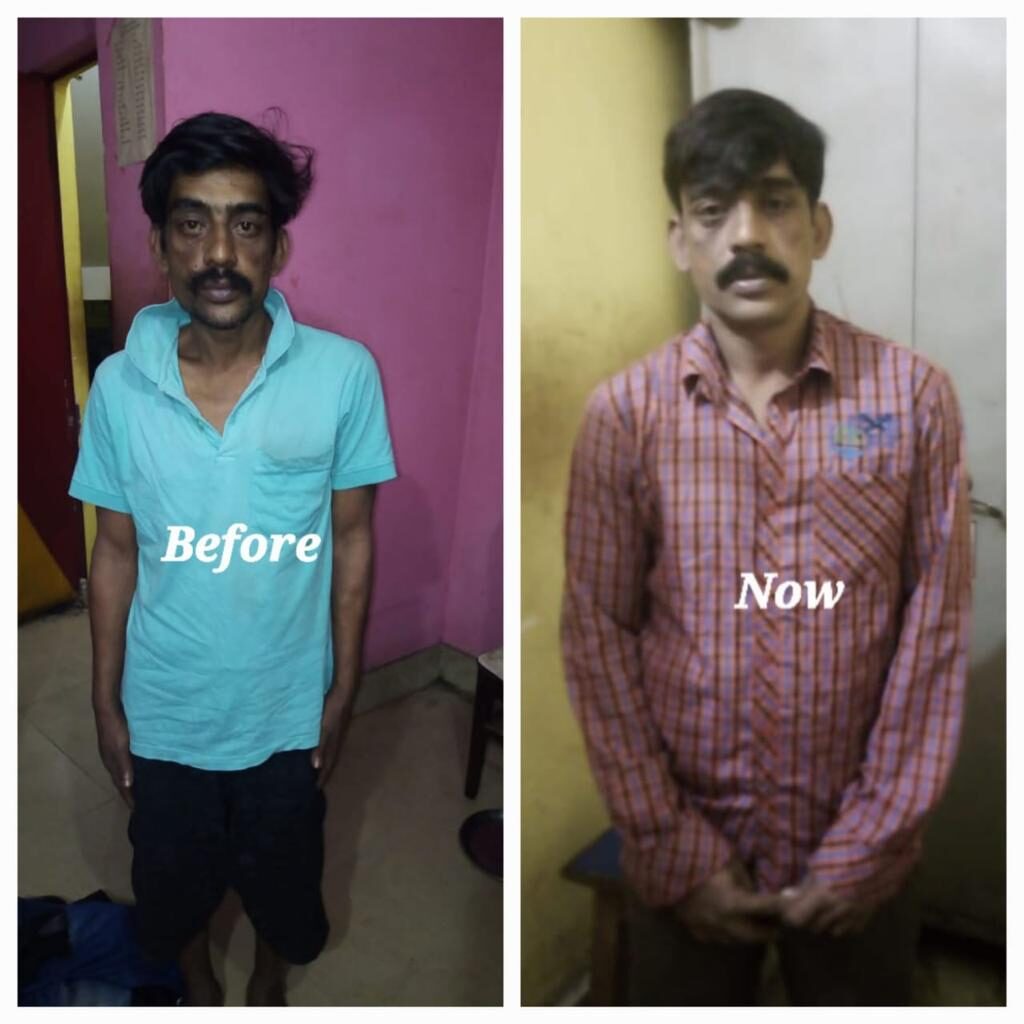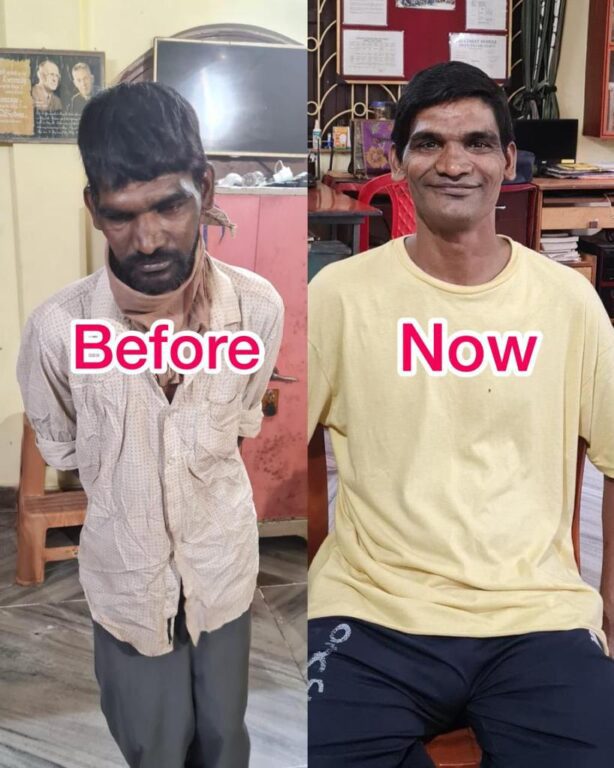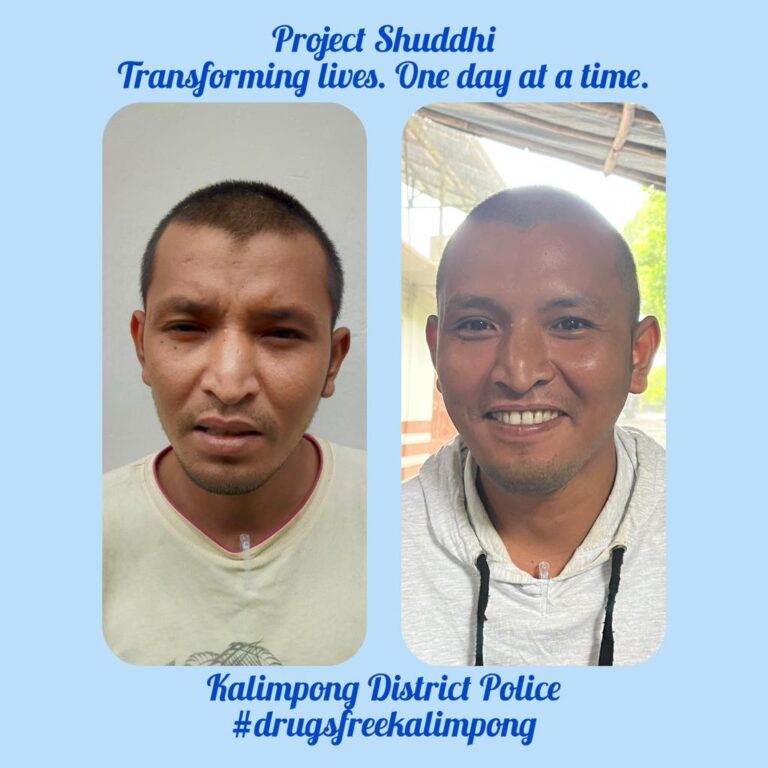When it came to IPS officer Aparajita Rai’s notice that over 95 per cent of the petty crimes such as pickpocketing, chain snatching, motorcycle theft, house burglary, etc., were being committed by drug addicts, she decided to do something about it, the effects of which would last long term. She introduced ‘Project Shudhi’ to not only wean these people off drugs but also to help them in living a healthy and productive life.
In an exclusive conversation with Indian Masterminds, Ms. Rai, who is currently posted as the Superintendent of Police, in Kalimpong, West Bengal, shared details about the same.

ABOUT PROJECT SHUDHI
Ms. Rai observed that drug addict criminals involved in petty crimes such as theft and burglary were apprehended by police but released the next day, prompting them to repeat the cycle over and over. More than anything, these people were pulled towards committing such crimes as they were mentally unwell since substance abuse is considered to be a mental health issue.
“We were always concerned with the growing crimes caused by substance abuse patients. We got a kickstart when we found that a murder took place in Kolkata, and after almost 20 days of chase, we found that the murderers were two ‘pattakhors’ who had only gone to steal but ended up murdering the victim when he woke up,” Ms. Rai said.
That’s when it came to her mind to focus and work on demand reduction rather than supply reduction. She came up with Project Shudhi, under which the local police stations identified these ‘pattakhors’ who were regularly involved in crimes.


COUNSELLING OF ADDICTS
Once the drug abusers were identified, the police went to their places and counselled not only them but also their family members. Furthermore, the police also took note of good rehabilitation centres in the region and visited them.
Ms. Rai personally visited each rehab centre and spoke with the psychiatrists present there. She made them aware of her project and sought advice on how they could help the addicts in a way that could pull them out of the pit, for good.
“The youngest substance abuser I’ve met and counselled is 9 years old. In fact, there are much younger children on the streets who are into this. With the help of the funds received from the government, we sent all these people to rehabilitation centres for a chance at a better life,” the officer shared.


PERSONAL INTERACTIONS
While conducting personal interactions with the people involved in petty crimes because of drug abuse, Ms. Rai came upon a man who was committing a minimum of 7-8 offences in a month to sustain his habit. He was so addicted that he wanted to consume drugs throughout the day, and to procure them, he needed money, which he acquired by committing burglary, pickpocketing, or chain snatching.
He was sent to rehab for around seven months and the police could easily see the fall rate in petty crimes during those months. Similarly, the Kolkata police have sent more than 320 people to rehabilitation centres till now, out of which 54 per cent of people have come out clean and have remained so since the last few years. Today, they are living a decent and peaceful life, rid of substance abuse.
“Some people who had relapsed have been sent back to the rehab centres again. Unfortunately, a few of the substance users have also lost their lives due to overdose,” the officer said.


INDUCTED INTO POLICE
On the brighter side, two of the former drug abusers who have come out clean worked extremely hard and, today, they have been inducted into the police force as volunteers and are working diligently.
“Shudhi is not just a community policing tool. At its core, it is one of the most effective ways of crime prevention, while giving the potential offenders a chance to reform,” Ms. Rai said.


In Kalimpong alone, around 29 people have been sent to rehabilitation centres with the help of CSR funds, out of which only one case of relapse has come out in front of them.
“We are targeting 50 people till the end of this financial year, and most likely, we will be able to achieve our target,” Ms. Rai said in conclusion.




































